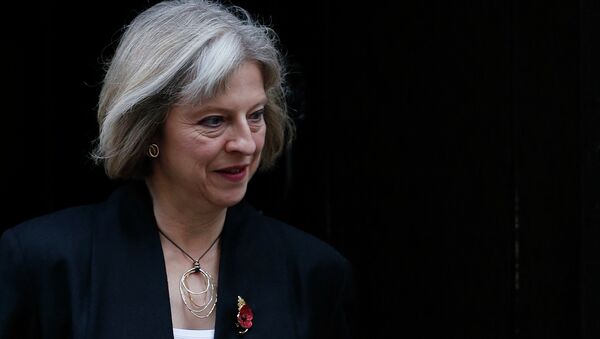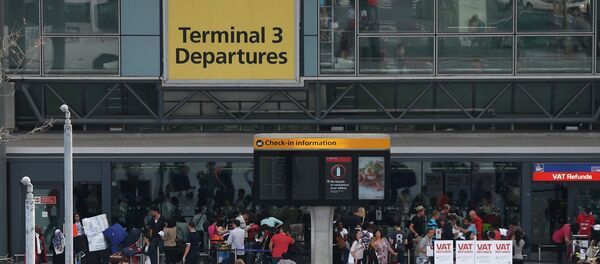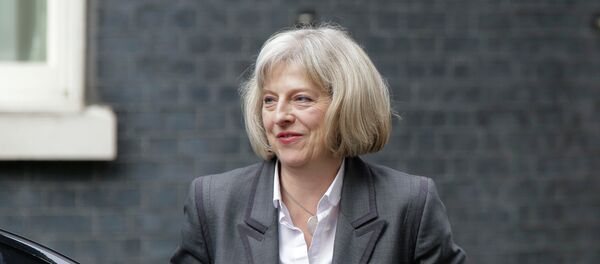"The threat we face right now is perhaps greater than it ever has been and we must have the powers we need to defend ourselves," May said in a statement published on the UK government official website.
According to May, Islamic State (IS) and its western followers represent one of the most serious, but not the only terrorist threats the UK presently faces. "There is Boko Haram in Nigeria, Al Qaeda in the Arabian Peninsula in Yemen, related organisations in Libya, Al Shabaab in East Africa, terrorists planning attacks from Pakistan and Afghanistan, and home-grown extremists who have been radicalised here in Britain," May said.
According to May, the new legislation will provide the British government with the powers to prevent radicalization, control the movement of people who go abroad to fight and improve border security. In particular, the police will have the power to "seize somebody's travel documents, which includes tickets as well as passports, at the border for up to thirty days if they have reasonable suspicion that a person plans to leave the UK for the purpose of engaging in terrorism-related activities."
British officials say at least 500 UK citizens have gone to Iraq and Syria to fight alongside the IS, a Sunni extremist group, also known as the Islamic State of Iraq and Greater Syria (ISIS) or the Islamic State and the Levant (ISIL).
On August 29, the terror threat level in the United Kingdom from international terrorism was raised from substantial to severe amid the growing influence of extremist movements and concerns that Britons who had joined the Islamic State militants could return and carry out an attack at home.





